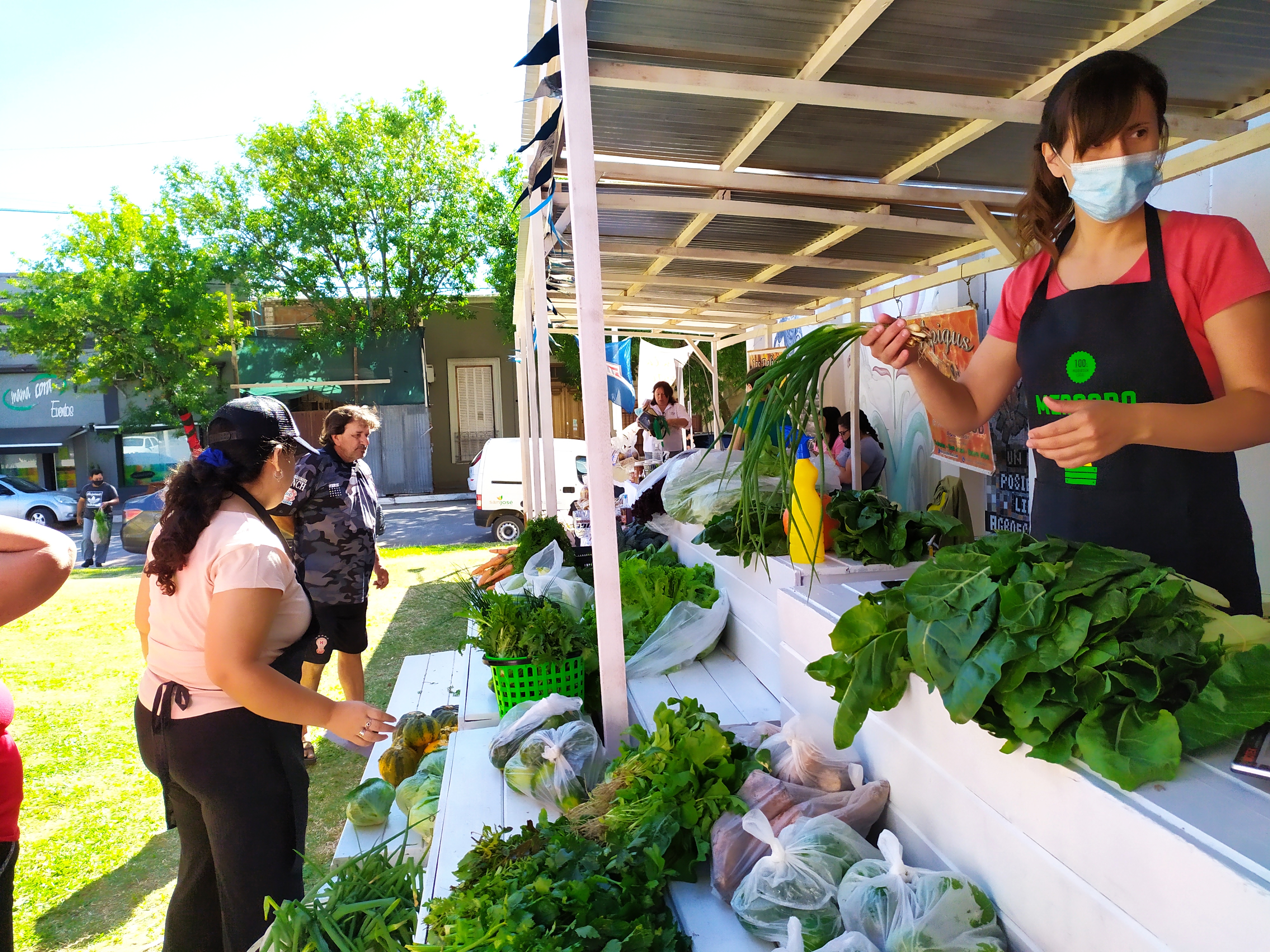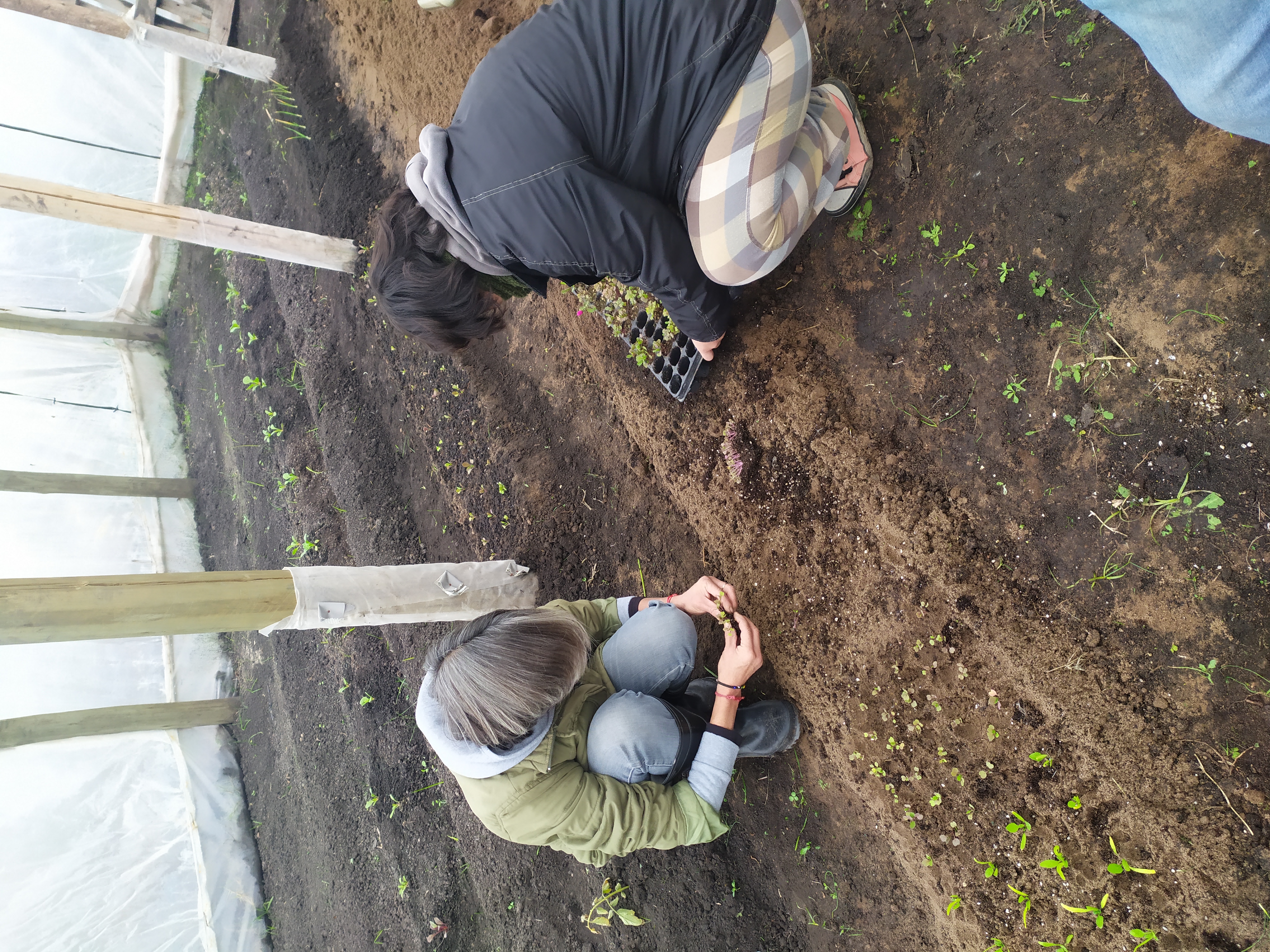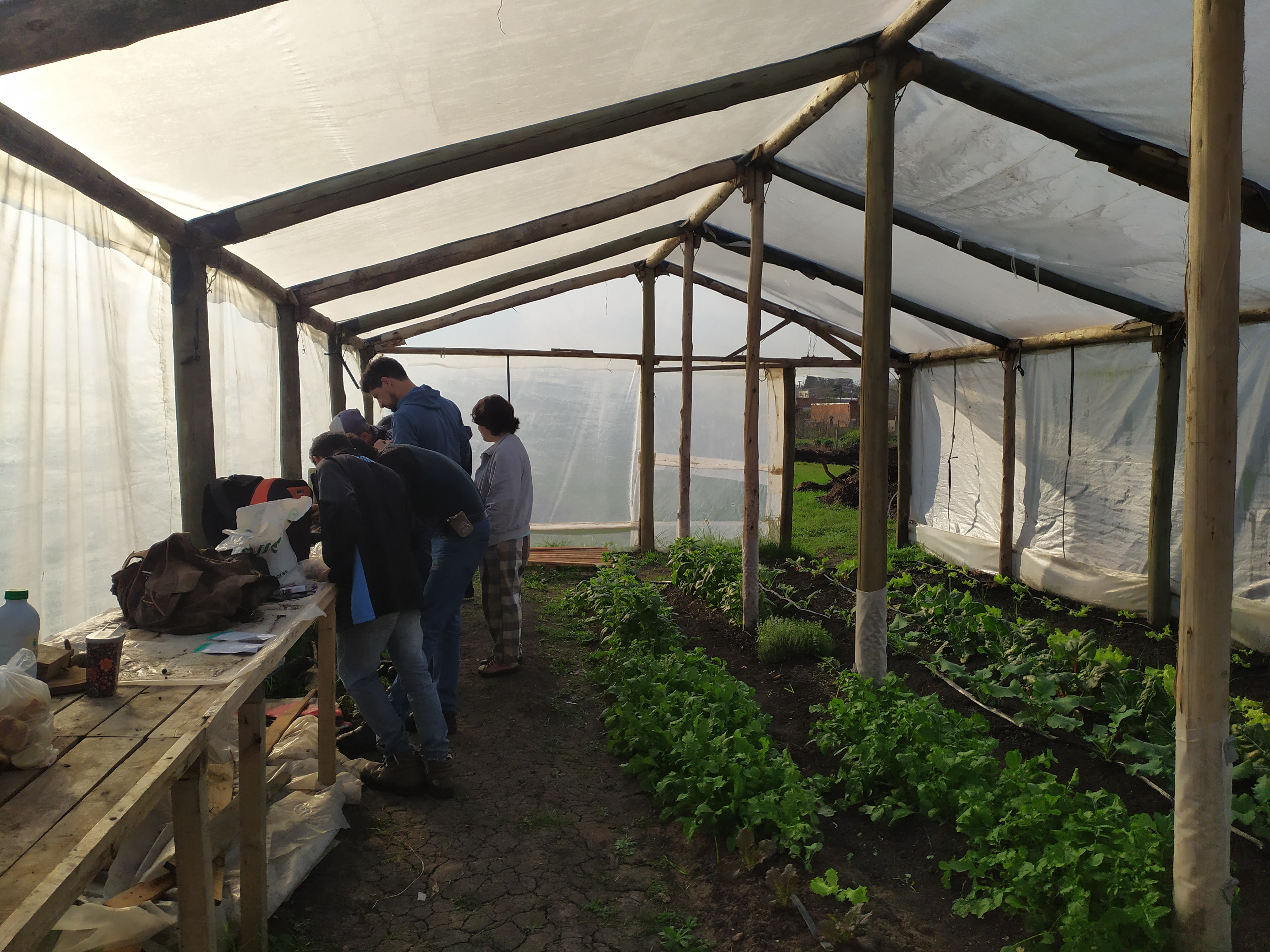Local production with memory

Municipality
Category / Sub-Category / Topic
Economic development, Family agriculture
Type of investment needed
Grant
The challenge
The project
Know more...
Investment
(*): In kind/pro bonus
(**): Financing
Funds
Needed
Covered
Solicited
Investment
(*): In kind/pro bonus
(**): Financing
(*) (**)
u$s 3636.36
u$s 0.00
u$s 3636.36
(*) (**)
u$s 779.22
u$s 259.74
u$s 519.48
(*)
u$s 1948.05
u$s 1948.05
u$s 0.00
(*)
u$s 1038.96
u$s 1038.96
u$s 0.00
(*)
u$s 2077.92
u$s 2077.92
u$s 0.00
(*) (**)
u$s 1948.05
u$s 0.00
u$s 1948.05
(*)
u$s 628.57
u$s 628.57
u$s 0.00
(**)
u$s 2597.40
u$s 0.00
u$s 2597.40
(*)
u$s 2285.71
u$s 2285.71
u$s 0.00
(*)
u$s 519.48
u$s 519.48
u$s 0.00
(*) (**)
u$s 4488.31
u$s 0.00
u$s 4488.31
(*)
u$s 187.01
u$s 187.01
u$s 0.00
(**)
u$s 18701.30
u$s 0.00
u$s 18701.30
(**)
u$s 7012.99
u$s 0.00
u$s 7012.99
(**)
u$s 7012.99
u$s 0.00
u$s 7012.99
(**)
u$s 4675.32
u$s 0.00
u$s 4675.32
(**)
u$s 3506.49
u$s 3506.49
u$s 0.00
Funds
Needed
Covered
Solicited
2 notebooks i7 de ´14. (*) (**)
u$s 3636.36
u$s 0.00
u$s 3636.36
3 tablets de 8' 32 GB (*) (**)
u$s 779.22
u$s 259.74
u$s 519.48
Impresiones, cuadernillos, lapiceras (*)
u$s 1948.05
u$s 1948.05
u$s 0.00
Coffee breaks (*)
u$s 1038.96
u$s 1038.96
u$s 0.00
Proyector y pantalla (*)
u$s 2077.92
u$s 2077.92
u$s 0.00
Impresiones (Etiquetas) (*) (**)
u$s 1948.05
u$s 0.00
u$s 1948.05
Señalética mercado y comercios (*)
u$s 628.57
u$s 628.57
u$s 0.00
Estantes (**)
u$s 2597.40
u$s 0.00
u$s 2597.40
Cajones verduleros (*)
u$s 2285.71
u$s 2285.71
u$s 0.00
Funds
Needed
Covered
Solicited
Asesoramiento legal (*)
u$s 519.48
u$s 519.48
u$s 0.00
216hs de capacitación. (*) (**)
u$s 4488.31
u$s 0.00
u$s 4488.31
Almacenamiento web (*)
u$s 187.01
u$s 187.01
u$s 0.00
Funds
Needed
Covered
Solicited
1 Coordinador general full time por 18 meses (**)
u$s 18701.30
u$s 0.00
u$s 18701.30
1 Diseñador part time por 18 meses (**)
u$s 7012.99
u$s 0.00
u$s 7012.99
1 Comunicador part time por 18 meses (**)
u$s 7012.99
u$s 0.00
u$s 7012.99
1 Community Manager part time por 18 meses (**)
u$s 4675.32
u$s 0.00
u$s 4675.32
3 encuestadores full time durante 3 meses (**)
u$s 3506.49
u$s 3506.49
u$s 0.00



